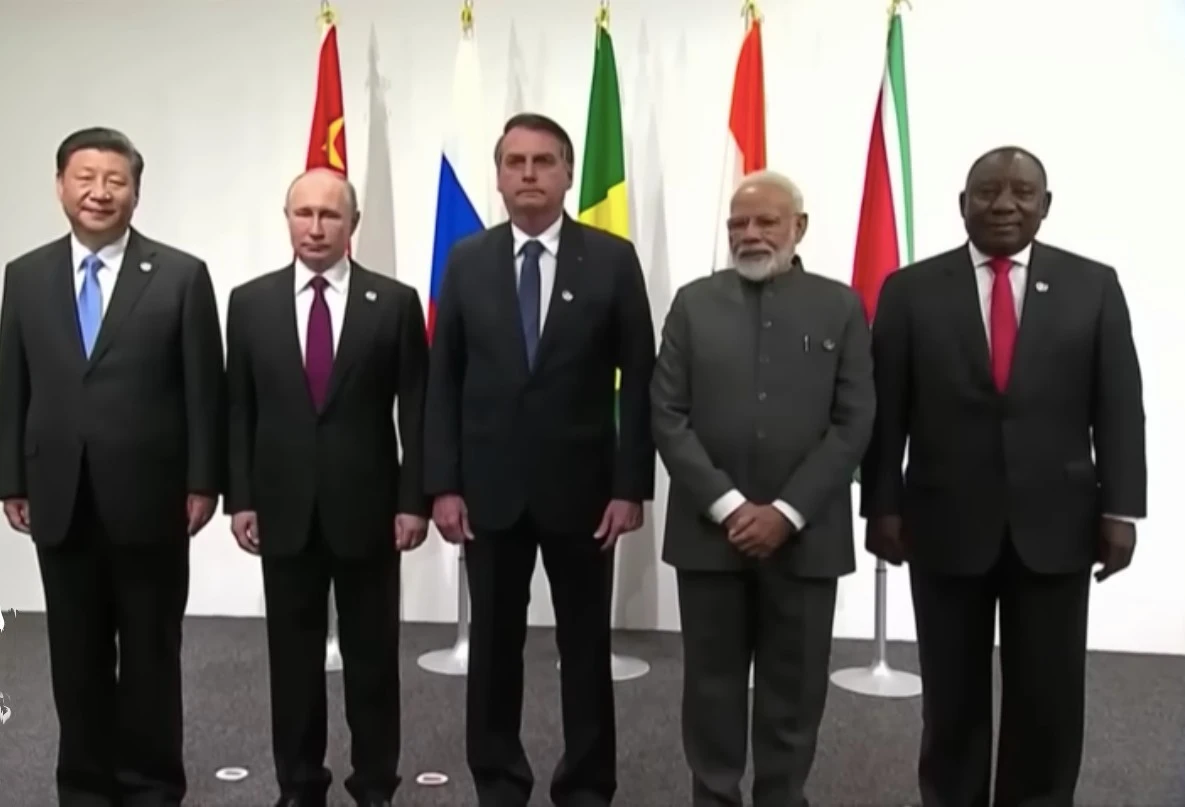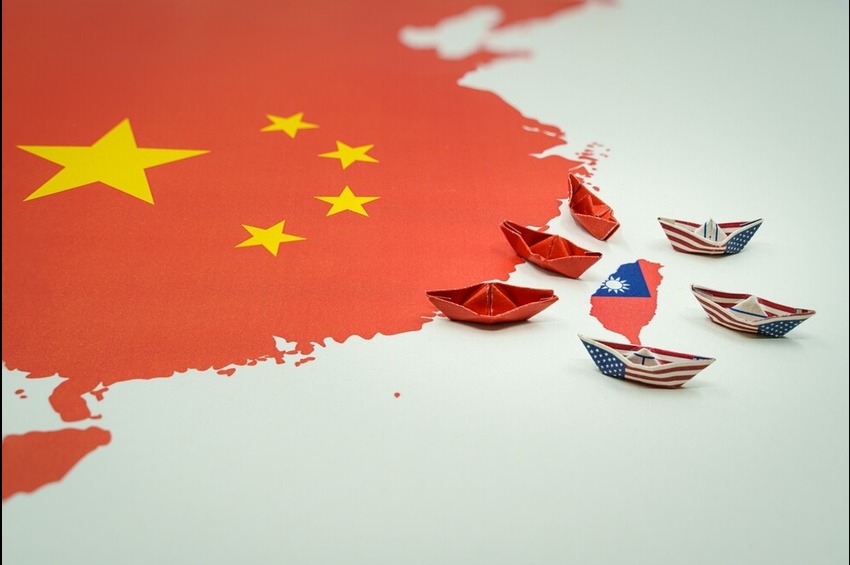The inclusion of five new members to the BRICS alliance - Argentina, Saudi Arabia, Iran, Egypt, and the United Arab Emirates - is a turning point for the bloc that will soon become a major player on the world stage. The group of nations now has one of the world's largest economies, combined population size, and most diverse portfolio of natural resources. Since the original formation of the group in 2009, the BRICS alliance has provided significant contributions to global economic growth and development. By 2020, the BRICS countries had combined investment worth around $10 trillion and constituted 23% of global GDP.
Adding the five new members to the alliance tremendously strengthens the BRICS's influence on world economics. It also will add new dimensions to international investment and trade. Saudi Arabia, for example, has an almost limitless supply of oil and natural gas resources that can be tapped into to fuel the economy as well as provide new markets for other BRICS members. Iran, on the other hand, is one of the most important countries in the Middle East for cultural and political reasons. By allowing these countries into the alliance, the BRICS leadership has opened the doors for greater integration between the nations.
Apart from economics, the BRICS countries are facing new opportunities in geopolitical affairs. Saudi Arabia and Iran are two of the most important countries involved in the fight against terrorism. By uniting forces within the alliance, BRICS countries will be able to work together more effectively to combat extremism and foster peace. Even though some differences still exist between these nations, the alliance is paving the way for greater cooperation and understanding..
The future looks bright for the BRICS alliance with five new members. In the near future, the bloc of nations is expected to be one of the most powerful economic and geopolitical forces on the planet. With their collective economic might and visions for a better future, the alliance can help shape the world for years to come. Furthermore, the future of international trade may look very different as the five BRICS countries (Brazil, Russia, India, China and South Africa) exchange their own currencies instead of the US dollar. This is a plan that has been heavily discussed during the 2021 BRICS summit, and has become a reality in 2023 at the BRICS summit hosted by South Africa In Johannesburg.
The BRICS countries currently account for 42% of the world’s population and 20% of global GDP. Together, they are the biggest trading bloc in the world, and have been angling for a bigger role in global trade policy. To this end, the plan is for all five countries to tackle their current dependency on the US dollar and its volatile exchange rates, by establishing a payment system that uses their own currencies for settling trade between them.
The move to use each other’s currencies for trading between the BRICS countries has been spurred in part by the rising demand for alternative payments systems, which offer features such as non-discrimination and protection of customer funds. However, this does mean that the BRICS countries need to develop their own infrastructure and clearing systems, which can be challenging due to the differences in the ways financial systems are managed in each of the countries.
In addition, the shift will also increase the need for coordination between central banks of the BRICS nations in order to ensure the orderly exchange and settlement of goods and services. This process may take some time and require considerable effort to develop the necessary IT infrastructure, set up the relevant regulations, and ensure that businesses are able to make use of the system.
While the plan has been widely praised for its potential to bolster economic security in the face of US sanctions and currency challenges, the success of the initiative ultimately depends on how well the countries can cooperate and work together in developing and implementing the new system. Nevertheless, this move will be a major step forward in creating a more integrated economic landscape, and could prove to be very beneficial for all in the long run.











Leave a comment